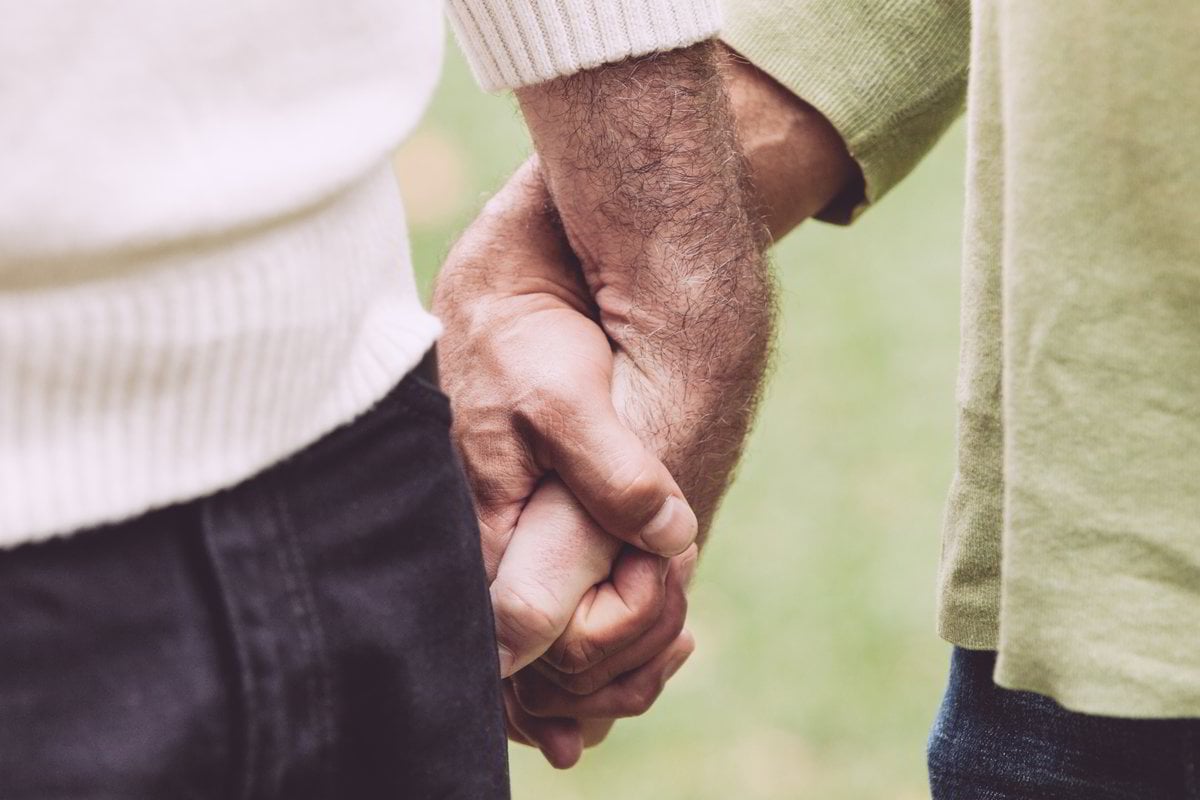
From the number of complaints I'm hearing of pandemic fatigue and the widespread resistance to simple precautionary measures such as wearing a mask at the grocery store, it’s clear to me that many people don’t fully appreciate what the gay community has been dealing with for the past 40 years and don’t understand how we survived the AIDS epidemic.
At the risk of over-sharing, here’s a snapshot of what it was like to have come of age in the midst of a sexually transmitted and deadly virus.
We learned how to protect ourselves and one another by practising safer sex. We started using condoms, for which gay men had previously had no use. And we did so not just for a few short months, but for DECADES.
Watch: A thank you to masks. Post continues below.
Over the years I’ve had boyfriends and lovers and one-night-stands with men whose names I've long since forgotten, and I used condoms with all of them.
I had casual sex with strangers in bathhouses and in the backrooms of leather bars and I used condoms. I had sex in parks and parked cars and I used condoms. I had sex when I was sober and I had sex when I was too drunk to stand up or even see straight, and nonetheless I somehow managed to use condoms.

Top Comments
Hi there! This post was republished from the author's Facebook page with his full permission.